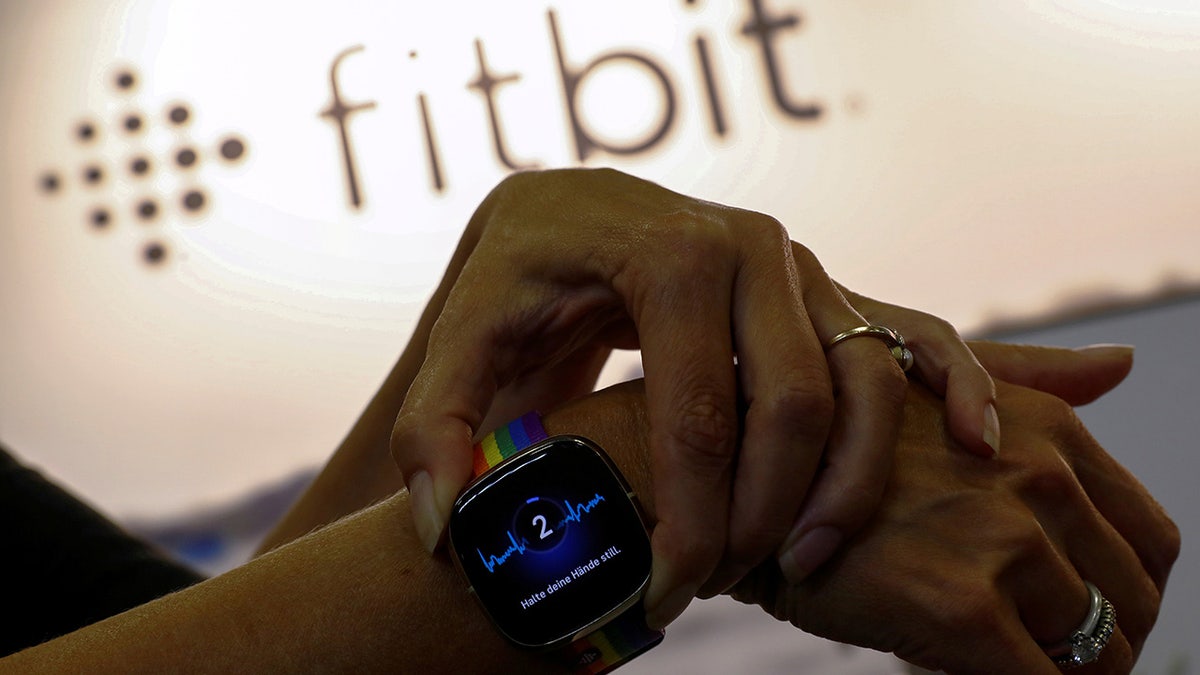Fox News Flash top headlines for May 9
Fox News Flash top headlines are here. Check out what's clicking on Foxnews.com.
A jury began deliberating Monday in the trial of a wealthy Connecticut man accused of murdering his wife – and his guilt or innocence may hinge in part on a Fitbit exercise tracker.
Richard Dabate, 45, told police that a masked, camouflage-wearing man shot his wife, Connie Dabate, two days before Christmas in 2015.
Dabate testified in Vernon Superior Court that he had returned home after forgetting his laptop to find the intruder, who shot his wife their basement then stabbed him and tied him to a chair.
But police said that the data on the victim's wrist-worn fitness device contradicted his story. Connie Dabate was moving around leisurely an hour after Richard Dabate said she had been murdered.
During the five-week trial, jurors heard from more than 130 witnesses – including Dabate – and were presented with more than 600 pieces of evidence, according to the Hartford Courant.
Prosecutor Matthew Gedansky told jurors in closing arguments that Dabate committed the murder and staged the home invasion after impregnating his mistress.
Gedanksy highlighted contradictions in Dabate's testimony – including GPS data that put him in the house all morning, and a Fitbit log that revealed Connie Dabate was moving around calmly an hour after an alleged intruder had broken in and killed her, the newspaper reported.

A Fitbit activity tracking watch. (Michele Tantussi/File Photo via Reuters)
None of the neighbors saw the intruder flee and nothing was stolen – except Dabate's wallet, which was found in the yard.
Dabate's defense lawyer, Trent LaLima, questioned the accuracy of Fitbit and GPS data.
Fitbit technology, he said, isn't infallible. He asked the jury whether sometimes the GPS on their cellphones say they're a street away from their actual location. He focused on the testimony of a house cleaner from a nearby home who said she saw a large green figure pass by a window.
LaLima added that the prosecutor's motive for the murder was flawed. Dabate killing his wife wouldn't have solved the problem of his pregnant mistress.
Dabate, who is charged with murder, making a false statement and tampering with evidence, has been free on $1 million bond since his arrest. If convicted, he faces a maximum of 66 years in prison, according to the Journal Inquirer.










































